Embarking on an exciting journey beyond Earth, discover the future of space travel and humanity's cosmic destiny
Space, the final frontier, that's what they call it. But for us Indians, and the rest of
the world, it's becoming less of a 'frontier' and more of a 'next-door neighbour' – a neighbour we're just starting to get to know better.
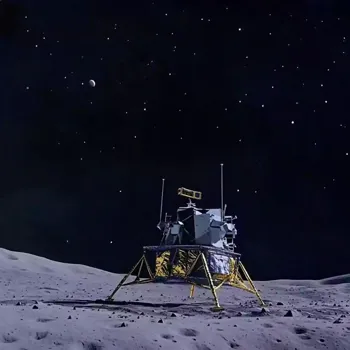
From Chandrayaan-3's successful landing on the moon to the buzz around private space companies, the future of space travel is looking brighter than ever. But what exactly is in store for humanity as we venture beyond our blue planet? Let's take a look, shall we?
Commercial space travel revolutionizing access to space for all
One of the biggest changes we're seeing is the rise of commercial space travel. Think of it like this: before, only governments with big budgets could afford to send rockets into space.
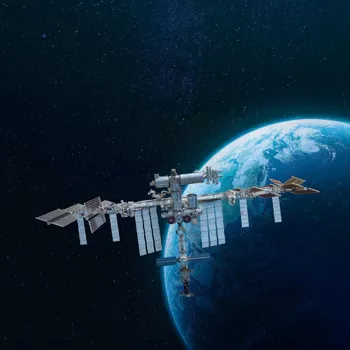
Now, private companies like SpaceX, Blue Origin and Virgin Galactic are making it possible for regular folks (well, rich regular folks, for now!) to experience the thrill of spaceflight.
This 'space tourism' might seem like a fancy holiday at first, but it's actually a crucial step towards making space travel more accessible and affordable for everyone.
More importantly, these companies are innovating like crazy, developing reusable rockets and new technologies that will benefit all sorts of space missions. They are fundamentally changing the economics of space travel, bringing down costs and sparking a whole new wave of investment and innovation.
The implications are huge.
Private players eye space ventures beyond tourism, like asteroid mining, colonies on Moon/Mars
Beyond tourism, these private players want to do so much more. They are thinking for things like building space stations, mining asteroids for valuable resources, and even setting up colonies on the moon or Mars. Asteroid mining, especially, could revolutionize our resource management.
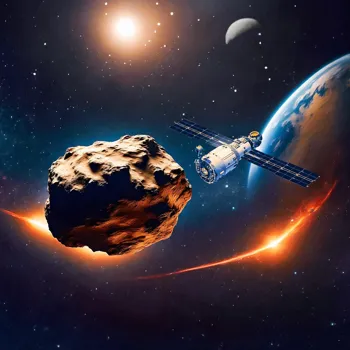
Many asteroids are rich in minerals and metals that are becoming scarce on Earth. Imagine sourcing these resources from space, reducing our reliance on environmentally damaging mining practices here at home. The tech challenges are immense, of course, but the potential rewards are even greater.
The shift from government-led to commercially driven space exploration is not just about making it cheaper; it is about making space a place where business can happen. This will lead to investment, innovation, and ultimately, a faster pace of space development.
Moon and Mars: Key targets for exploration and settlement; Moon aids Mars missions
Talking about the Moon and Mars, they are prime targets for future exploration and settlement. The Moon, with its proximity to Earth, serves as an ideal stepping stone for missions further out. We can use it as a testing ground for technologies needed on Mars.
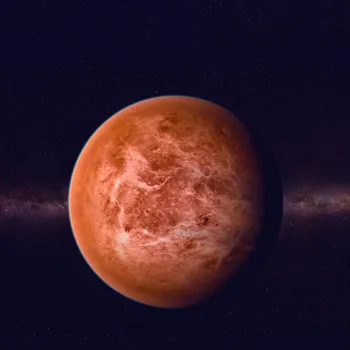
Our ISRO (Indian Space Research Organisation) has already proven with Chandrayaan-3 that lunar missions are within our reach, and there's a lot more to learn from our celestial neighbour.
Discovering water ice on the Moon opens up possibilities for creating fuel and other resources, potentially making it a self-sufficient base for future explorations. Mars, though farther away, is even more intriguing.
It's the most Earth-like planet in our solar system, and scientists believe it may have once harboured life. Setting up a permanent human presence on Mars is a huge undertaking, requiring solutions to challenges like radiation shielding, food production, and life support systems.
But the scientific rewards, and the sheer human achievement, would be immense.
Space exploration seeks answers beyond Earth, including potential extraterrestrial life
The other aspect of space travel is about going further and seeking answers to fundamental questions about our universe. Space telescopes like the James Webb Space Telescope are already giving us incredible insights into the formation of galaxies and the possibility of life beyond Earth.
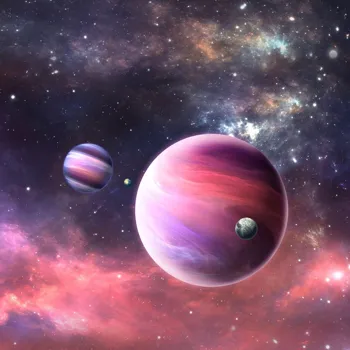
Future missions will focus on searching for exoplanets – planets orbiting other stars – and trying to detect signs of life in their atmospheres. Imagine discovering a planet that could support life or even finding evidence of extraterrestrial organisms! That would be a game-changer, wouldn't it?
It would change our place in the universe and make us question a fundamental truth of our existence. Space exploration is not just about conquering new frontiers; it is about understanding our place in the cosmos and answering some of the biggest questions that humanity has ever asked.
Challenges of space travel: harsh environment, tech hurdles, debris, funding needed for solutions
Of course, all this space travel is not without its challenges. Space is a harsh environment, and there are significant technological hurdles to overcome.
Developing reliable life support systems, protecting astronauts from radiation, and creating efficient propulsion systems are just a few of the problems that engineers and scientists are working on. There's also the issue of space debris – the junk we've left behind in orbit over the years.
This debris poses a threat to satellites and spacecraft, and we need to find ways to clean it up before it becomes a major problem. The funding required for these ambitious projects is also a challenge, requiring international collaboration and private investment.
Overcoming these challenges will require the best minds and resources from around the world, working together towards a common goal.
Future of space travel holds vast possibilities with ISRO leading the way
Looking ahead, the future of space travel is full of possibilities. Whether it's space tourism, asteroid mining, lunar bases, Martian colonies, or the search for extraterrestrial life, humanity is poised to make some giant leaps in the coming decades.
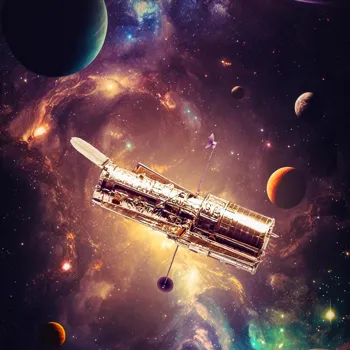
Our very own ISRO is playing a key role on this journey, and with continued innovation and international collaboration, the sky is not the limit!
As India continues to invest in space exploration, we can expect to see even more exciting achievements, inspiring future generations to reach for the stars.
The next chapter of human history is being written in the stars, a chapter filled with exploration, discovery, and perhaps, even a new home for humanity.
AI Generated Content. Glance/InMobi shall have no liability for the content















